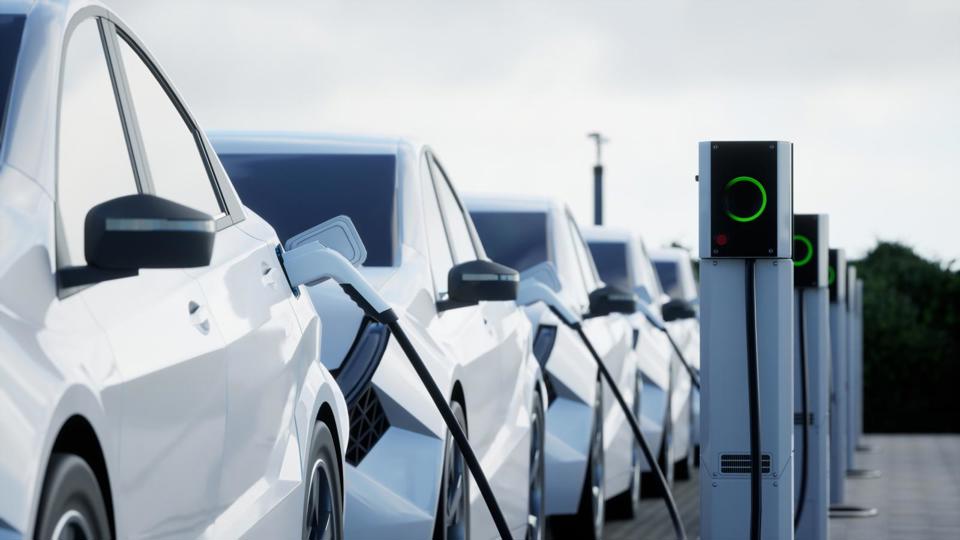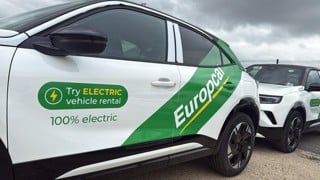Thousands of electric vehicles (EVs) could still avoid falling foul of the ‘luxury car tax’ for the first time next year, with HM Treasury considering increasing the threshold to help drive adoption rates.
EVs became liable for a surcharge on vehicle excise duty (VED) known as the expensive car allowance or the luxury car tax from April.
The annual surcharge – currently £425 – applies from years two to six after purchase on any new vehicle priced above £40,000.
The £40,000 threshold includes optional extras and is based on the manufacturer’s official list price of the car, not the price actually paid by the customer.
The Government said last year that it recognised the “disproportionate impact” of the threshold for those purchasing zero emission cars and would consider raising it for EVs at a “future fiscal event”, but it was not tackled in the Spring Statement and remains unchanged today.
A Treasury spokesperson told Fleet News: “As announced at Autumn Budget 2024, the Government will consider raising the expensive car supplement threshold for EVs only at a future fiscal event to make it easier to buy zero-emission cars.
“Our approach ensures fiscal stability while providing incentives through the tax system such as freezing vehicle excise duty first year rates for EVs to encourage the transition to electric and zero-emission vehicles.”
The update from the Treasury comes after a letter sent by transport minister Lilian Greenwood to a local MP, said that increasing the threshold was still being considered.
The £40,000 threshold was introduced by the coalition government in 2015, when it was expected to apply to just 5% of new cars.
In 2022, the then Chancellor, Jeremy Hunt, announced it would also apply to EVs, including plug-in hybrids (PHEVs), from April 2025.
New analysis from Ayvens suggests that almost two-thirds (64%) of electric cars currently available on the UK market fall foul of the tax.
The UK's largest vehicle leasing company has urged the Government to make a decision sooner rather than later, with delay set to cost fleets dear.
Trade bodies, the Association of Fleet Professionals (AFP), the British Vehicle Rental and Leasing Association (BVRLA) and the Society of Motor Manufacturers and Traders (SMMT), have all called for threshold to be changed to help stimulate new and used markets.
Year-to-date, new battery electric vehicle (BEV) registrations have a market share of 20.7%, below the 28% required under zero emission vehicle (ZEV) mandate regulations.























Login to comment
Comments
No comments have been made yet.